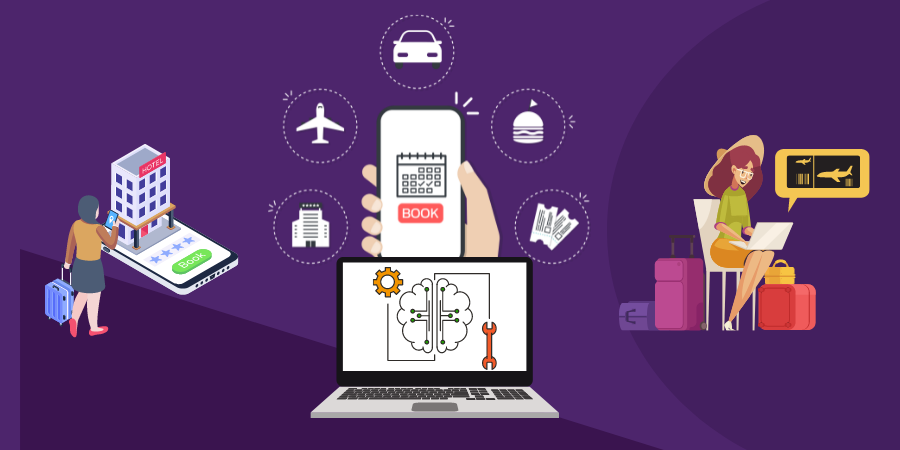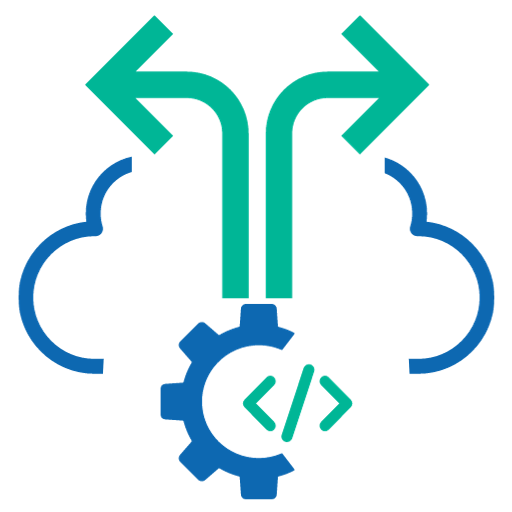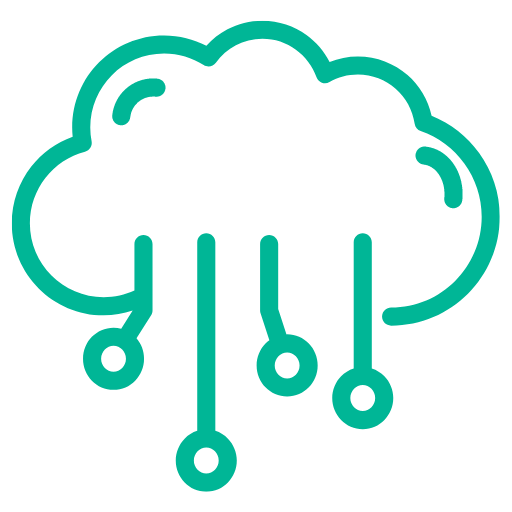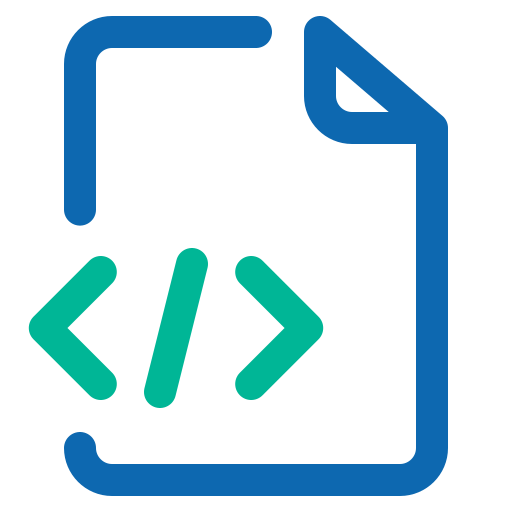
Introduction
The hospitality industry is a deep bandwidth of businesses and services associated with recreation and customer satisfaction. An implication of making individuals feel welcome with entertainment and comfort, the industry incorporates a variety of businesses such as hotels, motels, restaurants, travel, tourism, etc.
The entire industry is empowered by skillful experts who deeply perform multiple functions involving human touch. It becomes exhausting too- working hours consistently and yet huge room to meet customer expectations - the technology here for the rescue.
In recent years, many people across the globe have admitted that “traveling is an integral part of life”. Alongside traveling, premium hotels facilitate their services to conduct guest-centric hospitality and drive constant growth and revenue.
For this purpose, extensive data amalgamated with computer-based advanced technologies can be employed to upgrade businesses’ functionalities and streamline multiple operations and processes.
Digital assistance and automation have made customer experience easier and more customizable. Indeed, the hospitality industry is implicitly using AI to conduct customer services-related tasks as long as AI has become reliable, stretching its roots in the business world. Let’s learn how.
How is AI used in the Hospitality Industry?
“Customer satisfaction is paramount”, the hospitality industry seeks “an intelligent behavior” or “automated solutions” to aid businesses and improve their services.
Here’s a look into how AI is impacting and reshaping the hospitality industry in its entirety.
To Manage Revenue
In the hospitality industry, demand and service are what prioritizes the most. Switching from traditionally operated human-based services to automated and data-driven service platforms, the industry has noted improved efficiencies, generating significant revenue and managing it effectively.
For example, a cloud-based property management practice will enable us to keep track of the number of bookings, customer-centric benefits, and optimized prices according to seasonal rates, demand, supply, etc.
Enabling AI in the hospitality domain assists hoteliers in examining complex data to know the best rate for hotel rooms. It also automatically updates rates across channels, leading to chasing maximum revenue even without human intervention.
Smart Virtual Assistant: Chatbots & Robots
The pop-up comes “May I have you?” or “How may I assist you today?” this is a chatbot available 24*7 on hotel websites to respond quickly. Chatbots are powered by AI/ML algorithms, understand human language, learn by data, and function efficiently.
Chatbots can handle customer services and offer hyper-personalized self-service supporting human counterparts; even skillful teams can supervise more sophisticated tasks rather than investing their time and energy in such lame queries.
Chatbots can operate multiple functions such as checking room availability, reservations, and cancellations. They can interact with guests and recommend services, offers, travel ideas, and tips. Chatbots and the team's expertise can deliver the best customer experience in the hospitality industry.
Personalization
Hotels and tourism are expected to cater to customer demands and needs, and personalization refers to the same. To provide guests personalized experience is of great insistence.
Guests’ personal information, their likes and dislikes, personal & professional network, behavior, and interests can be inspected through data analytics and AI tools to offer tailored recommendations to potential customers. This helps hoteliers to make customers’ staying experience more meaningful and memorable, i.e., more personalized. However, harnessing data shouldn't compromise security and compliance practices.
Employing AI in hospitality provides precise in-person customer services. It is evident that several industries are using robots to cope with customer-related tasks.
One of the best examples is the AI robot “Connie”, endorsed by Hilton McLean in Virginia. The robot is being designed and instructed to interact with guests and respond accordingly.
For example, the robot can tell about hotel amenities, local attractions, dining options, tourist information, etc. Even more, it is adaptive to human language, i.e., the more guests speak to it, the more it will learn and behave.
Hotel Maintenance: Staff, Occupancy, Smart Booking
Hotels are joining hands with automated futures, automating routine operations check-ins & outs, housekeeping deliveries, payments, room occupancy, etc.
AI robots learn from guests, adapt their behavior, and respond to their questions to make their experience convenient, smarter, and enjoyable.
Adding the feature of machine learning chatbots and potent analytical tools, the industry can reduce response timing, enhance customer experience and satisfaction, cut costs and increase revenue.
After the pandemic, the industry is focusing more on operations and profitability; one of the main assets for this purpose is to maintain a fair balance between hotel room capacity and staff to augment efficiency. AI tools let hoteliers keep the record of staff performance, service status, room/seat availability, managing reservations, skillful staff, etc., to diminish the requirement for extra staff.
Operations: Back Office Automation
Robotic process automation (RPA) is accounted as a key driver for back-office automation, i.e., executing multiple tasks repeatedly.
AI can recognize patterns according to demand and supply to anticipate related prices and plan human resource necessities.
AI systems can automate billings and payments and generate invoices to reduce the accounting department’s workload. Besides, financial agreements or settlements can be automated and performed with human involvement.
AI assists in business optimization; for instance, hotels can cut down extra consumption of energy and resources and boost their sales seasonally.
Final Thoughts
Artificial Intelligence provides excellent opportunities to intensify marketing, customer services, customer experience, and retention.
AI embraces the potential to offer invaluable inferences for hoteliers and travel companies that have not been obtained earlier with conventional tools and techniques simply by complaining and securitizing large amounts of data (available customer information).
Increased competition in the hospitality industry compels companies to adopt advanced tools to stay competitive and ahead of the curve. Therefore, AI-based best practices are recommended to redefine processes and services to meet customer expectations and deliver memorable experiences.


































 Batoi Corporate Office
Batoi Corporate Office